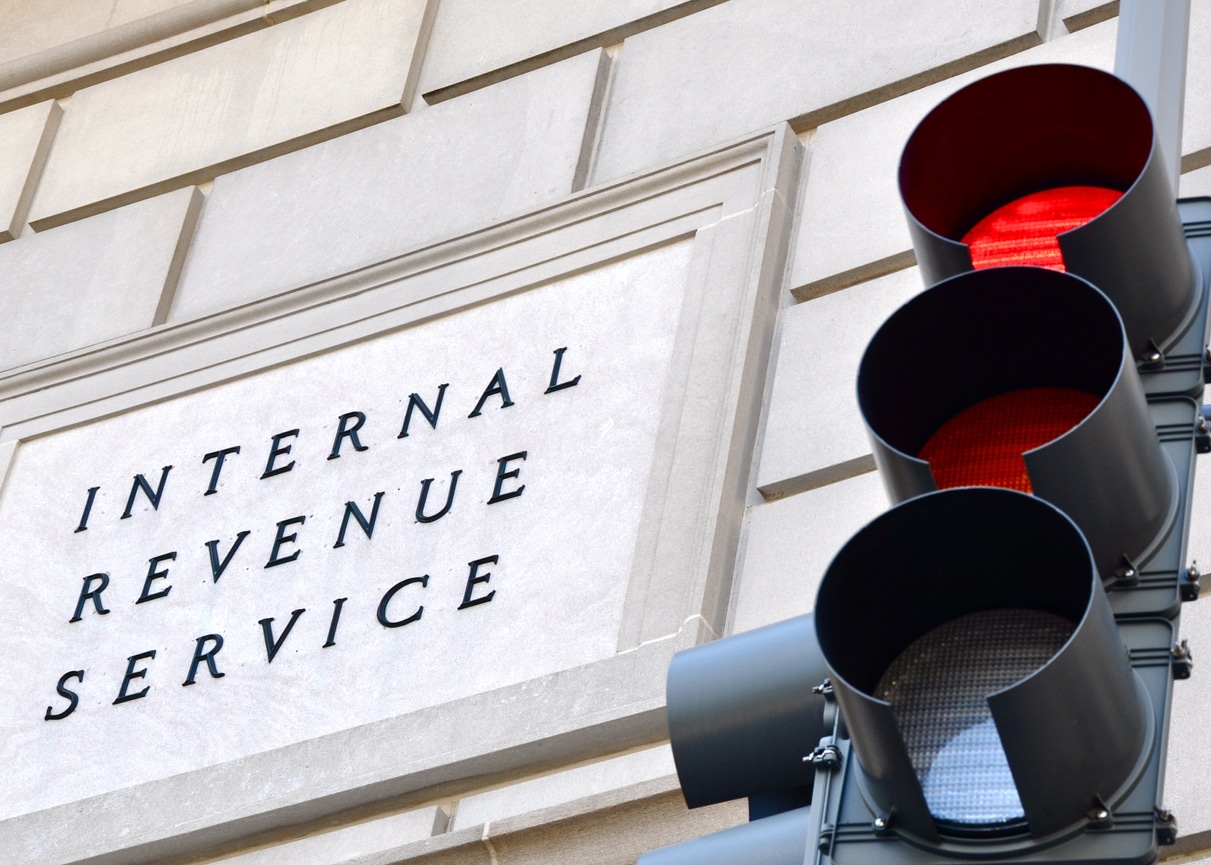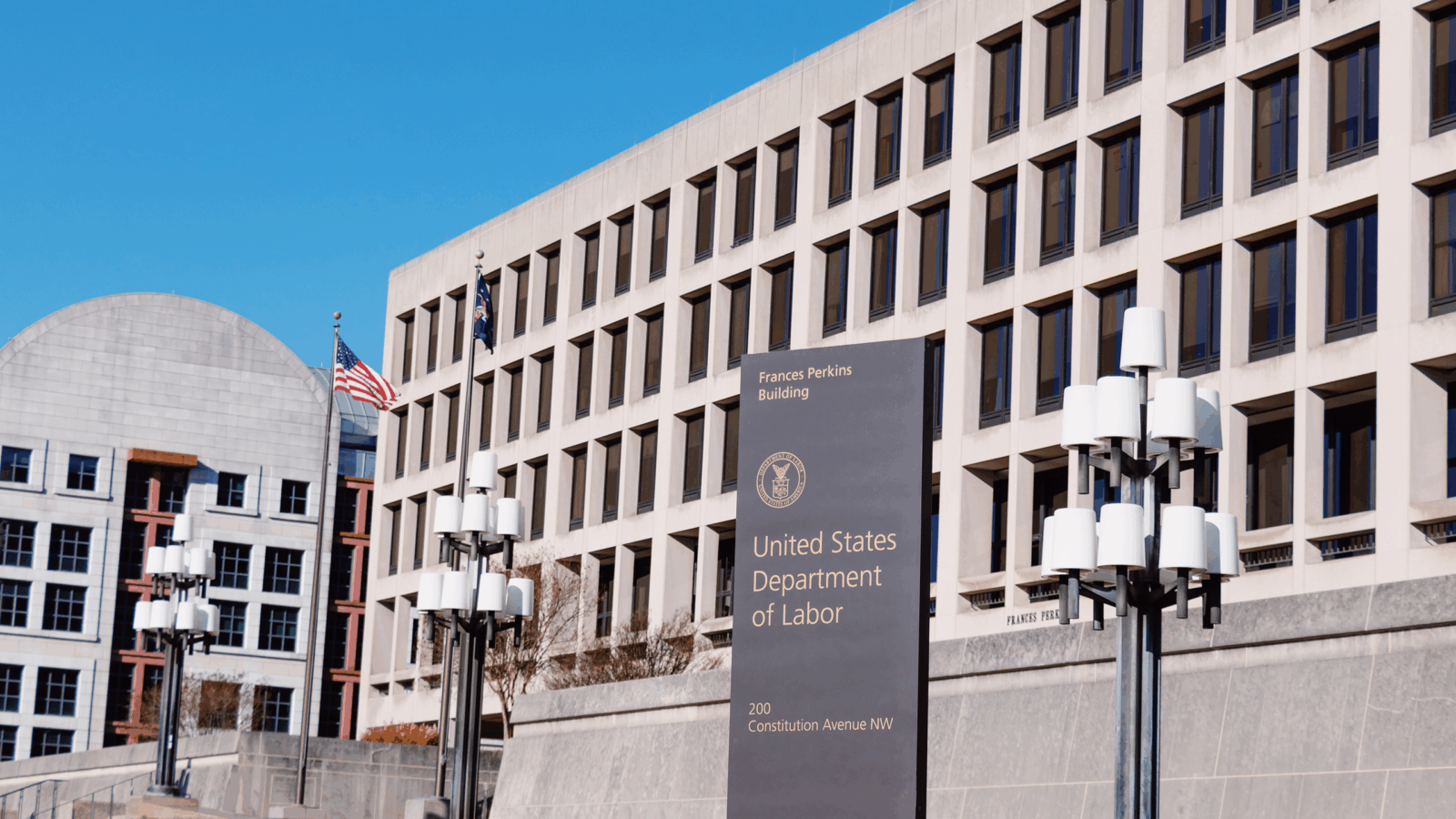
Sign up for smart news, insights, and analysis on the biggest financial stories of the day.
There’s walking-around money, and then there’s yachting-around money. And, according to the IRS, folks with the latter have found creative ways to hang onto as much of it as possible.
Yesterday the IRS released a working paper claiming the highest-income households fail to report over a fifth of their income. Perhaps it’s not news.
Tax Hacks
Alongside old favorites like Swiss bank accounts and Cayman Islands businesses, the report suggests some of America’s top earners lean on creatively structured partnerships and other pass-through entities to dodge the taxman:
- The paper estimates that the top 1% of households don’t report about 21% of their income, 6% of which is masked by sophisticated schemes that a random audit wouldn’t detect.
- The researchers also found that unreported income among the top 0.1% of earners may be up to twice as large as conventional IRS methods suggest.
Under The Hood: Among other reasons, the report cites IRS budget cuts over the last decade which has sent audit rates from 1.1% in 2010 to 0.45% in 2019.
Harvard University economist Lawrence Summers said investments in enforcements and rule-tightening could generate about $1 trillion over the next 10 years.
the takeaway
In Congressional testimony last week, IRS Commissioner Charles Rettig urged lawmakers to earmark funds for the agency, suggesting each additional dollar spent on tax enforcement could yield $5 to $7 in revenue. It could also prompt some billionaires to sell their spare private jets – a frightening thought.











